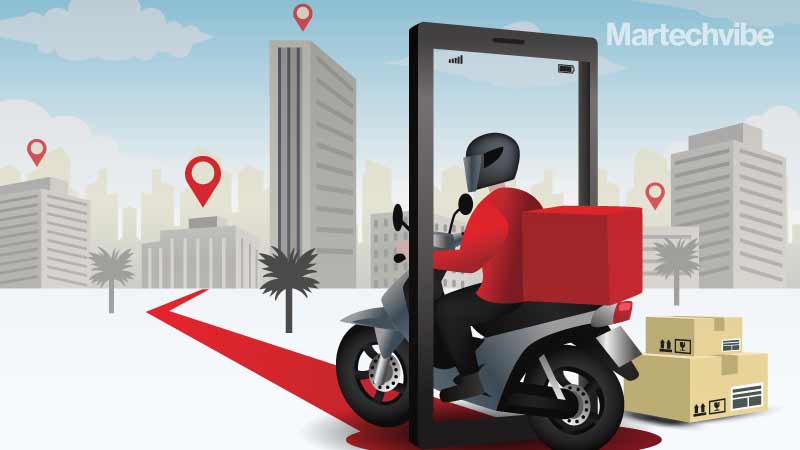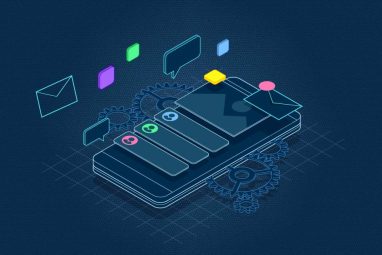Modernising CX: A Last Mile Delivery Story
Aramex’s early adoption of communication APIs and opening new channels for customers elevated engagement and prepared the logistics company for its future expansion Aramex, the leading global provider of logistics and transportation solutions, was looking for solutions to offer more personalised customer interaction channels in 2018. It operates in over 65 countries with more than […]
Topics

Aramex’s early adoption of communication APIs and opening new channels for customers elevated engagement and prepared the logistics company for its future expansion
Aramex, the leading global provider of logistics and transportation solutions, was looking for solutions to offer more personalised customer interaction channels in 2018. It operates in over 65 countries with more than 16,500 employees. In partnership with Vonage and by leveraging WhatsApp for Business, they could digitise the shipment journey end-to-end and offer customers high engagement and real-time transparency on their packages.
in over 65 countries with more than 16,500 employees. In partnership with Vonage and by leveraging WhatsApp for Business, they could digitise the shipment journey end-to-end and offer customers high engagement and real-time transparency on their packages.
In the early months of the pandemic, when other logistics companies were racing to accelerate their digital transformation, Aramex found itself in a positive position, ready to take on the added opportunities that came with the surge in online deliveries. Not only is the company doing well, they announced plans to expand. In September, Aramex announced Aramex Express, which promises to shake up its operating model with the ultimate aim of capturing a greater market share within B2C and B2B customer segments. Aramex Express includes international and domestic delivery solutions and will serve the B2C customer base, including shop and ship, eCommerce, fast-moving consumer goods (FMCG) and SMEs.
Also Read: How Can Businesses Secure Digital Communications?
Setting the groundwork
In 2018, Aramex leadership announced their plans and commented on how disruptive innovation will help improve its operational efficiency, shorten delivery time and ultimately serve to surpass customer expectations. The previous year, it had launched its artificial intelligence Aramex Bot via Facebook Messenger. The service enabled scalable conversations with customers about shipment-related queries and different service offerings. “While we continue to compete with the traditional global logistics operators, the rise of a new breed of competition, fueled by the growth of global eCommerce, is changing the competitive landscape,” said Mohammed Sleeq, the Chief Digital Officer at Aramex. “In order to remain competitive, we need to upgrade our technology-enabled solutions to allow for faster and more efficient delivery of parcels from point A to point B.”
Also Read: Why Is Unified Communications Becoming Critical?
Meeting customers where they are
Through Vonage’s Messages API, customers can choose from SMS, MMS, the WhatsApp Business solution, Facebook Messenger, Viber and more. “Instead of having to integrate each channel or communication centre separately, Vonage provides the access we need to use a variety of different communications channels, leaving the choice in the hands of the consumer,” said Sleeq.
Using the SMS API, customers were secured with its two-factor authentication capabilities. Next, it opened a new channel for customer communications — WhatsApp. Using the WhatsApp Business solution enabled by Vonage’s Messages API, Aramex was able to serve more than than a million customers. Inbound calls decreased by 19 per cent and the company was able to process 41 per cent of its shipment inquiries using the new channel. The logistics company included an on-demand tracking functionality that included personalised customer interactions for shipment notifications, live location sharing, new delivery instructions and scheduling.
Aramex was able to enhance its customer service through the WhatsApp Business solution by increasing the speed, accuracy, and efficiency of deliveries.








































































































